How to Prepare for Math Exams: Study Tips & Tricks
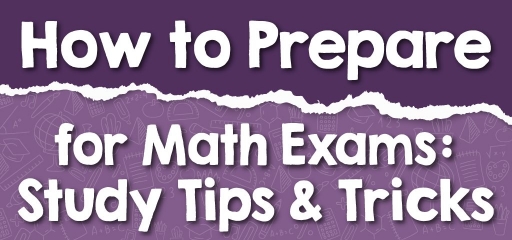
Mathematics is the queen of the sciences and the nightmare of many high school students.
No one would deny the importance of mathematics, because other school subjects, such as chemistry or physics, and most importantly, the high school diploma, are not without it.
Every student understands that you can’t do without it, even if it’s difficult. How to learn math to understand basic algorithms and pass exams without problems.
You’ve probably tried many things before – memorizing formulas, solving problems, sitting for tests next to the best student in class… To no avail? What should I do to keep these theorems, equations, functions, and integrals in my head? What do you do to pass this compulsory exam? Especially if your specialty is languages or history and math is the real black magic?
Where do you learn math?
Our answer will probably disappoint you – in school. It’s the first, most accessible place that will (or should) help you get the basics – in math as well as in other subjects.
We understand that you may not like these classes because they are difficult and you sit through them like a Turkish sermon. But it’s worth changing your attitude: while you’re still in school, try to make the most of this time: report on problem-solving (even if you’re afraid of embarrassing yourself), ask the teacher questions, try to understand, not just mindlessly rewrite from the board.
Another place to learn is outside school – at home, in the library, on a park bench.
You should choose a place where nothing distracts you and where you feel comfortable.
It is worth remembering that the environment has a big impact on the effectiveness of learning, so you need to choose the place carefully – not everyone can study in a crowded bus, but not everyone is inspired by the silence of the reading room.
An Absolute Best Book to Learn Mathematics Concepts
Who should you learn math with?
- Anyone who can explain the subject to you. First, the teacher. He knows his business well and knows how to impart knowledge. But he doesn’t read your mind, if you don’t ask anything, it makes sense that he would think you don’t care, and you’re not trying to understand the material. With the teacher, it’s worth contacting – ask questions, ask for explanations, tell him what you can’t cope with, and ask for advice. More often than not, he will help, guide you, and explain. But remember that even the best teacher will not help if you do not put in the work.
- Second, a tutor. He knows perfectly the subject he teaches and individual lessons, adapting to your needs at a pace that is acceptable to you. You will easily fill the gaps in your knowledge and be able to move forward. If individual tuition is too expensive for you, use algebra help online or team up with friends – if you get three more (at a similar level) students together, the benefits of the class will be comparable and the price per person will be much lower.
- A smart buddy or friend. If you are lucky, he will be willing to help unselfishly. If he won’t immediately agree, offer him a barter exchange. He can teach you math and you can teach him English. It can also be any favor, even a walk with the dog or help in cleaning a room. Everyone has a skill – there’s no reason not to use that to your advantage.
- Misfortune Comrade. If you can’t count on a mathematically gifted colleague, invite someone at your level or even slightly weaker to teach together – you can take turns taking the role of teacher and preparing the lesson (including homework). Check each other’s completed assignments. This method keeps your motivation level high because your partner will make you prepare for class and supervise your work.
How do you teach math?
To succeed in any work, the primary condition for success is the regularity of study.
Mathematics is a subject that includes a considerable amount of information and its peculiarity is that it cannot simply be memorized – it must be understood and properly applied in practice.
To study mathematics you need enough time (you can’t learn everything in a week), so it is necessary to plan the schedule of classes well in advance.
Very good results give a popular today method of microlearning when a large topic is broken down into separate, logically complete blocks.
Study without rushing, dose your knowledge in small portions, repeating each block several times a day with a time gap. Give your brain a rest and come back to study after a while.
Sound good? Besides being a painless method, it’s very effective because of the repetition. However, it does require discipline and good planning.
Another Best Resource to Learn Mathematics Concepts
Tips for Learning Mathematics
Euclid said that there is no royal path in mathematics. Rarely is one born with the natural talent that makes all the doors of the queen of science open before him. For most students, mastering math requires hours of study and solving hundreds of problems.
However, the material in the high school curriculum is not too difficult. Sure, some topics are difficult to master, but there are also those in which you feel fairly confident. And if you have no problem learning one topic, there’s no reason why you can’t excel in the others.
To make the process of learning math easier, here are some simple tips.
Master the basics
Mathematics is like a building that cannot stand without a solid foundation. Just as it is impossible to write words without knowing the letters, taking integrals without knowing the multiplication table is useless.
You can learn formulas by heart, or you can sit for hours on assignments, but it won’t work.
If you haven’t learned the basics in the beginning, it is worth taking an elementary school textbook, learning the basic rules and formulas, and then dealing with more complicated topics.
Children’s curiosity
This method works well with every subject and is all about exploring the heart of the problem by asking detailed questions – just like a child asks: why? why? where did it come from, why is it like this? If you approach any math problem this way, you will understand it thoroughly, and it will be much easier to “bite off” something like this the next time.
An important note – when solving a problem it is very important to write down every step, the entire cause-and-effect chain, not the solution itself.
Writing down only the solution will save you a few minutes, but after a while, it will be difficult to remember what questions you asked and how you came to the right solution.
Try to do more activities in your mind. Use your calculator only for basic calculations – multiplication, and division.
Understanding mistakes
If you make a mistake when solving a problem, it’s not enough to shrug your shoulders, sigh, and move on.
In math, the main thing is to understand what the mistake was and where it came from, analyze everything, and then move on to the next task.
Great Books to Review Mathematics Concepts
Related to This Article
More math articles
- Can the CBEST Test be Waived?
- The Math Detective: How to Find the Case of the Right Simulation that Represents the Situation
- Trigonometric Ratios
- How to Multiply two Binomials Using Algebra Tiles?
- Top 10 Tips You MUST Know to Retake the PSAT/NMSQT Math
- Top 10 Free Websites for CBEST Math Preparation
- How to Find Maxima and Minima of a Function?
- 10 Most Common DAT Quantitative Reasoning Math Questions
- Top 10 Free Websites for HiSET Math Preparation
- 6th Grade Wisconsin Forward Math Worksheets: FREE & Printable
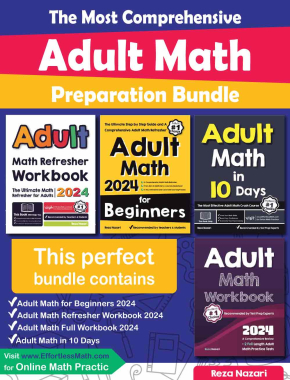
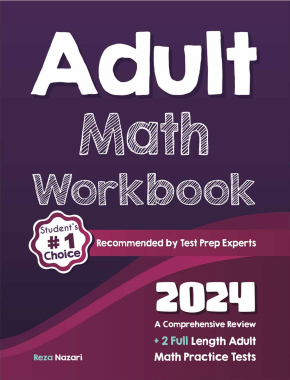
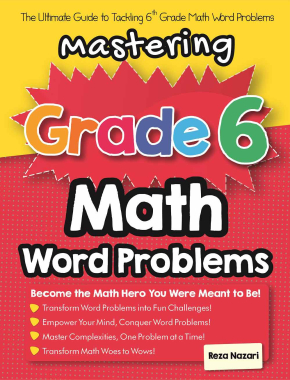
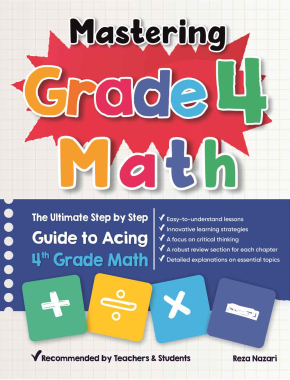
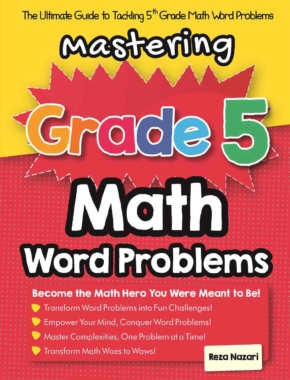
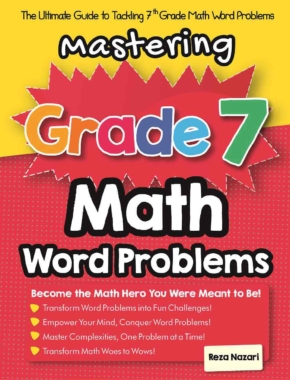
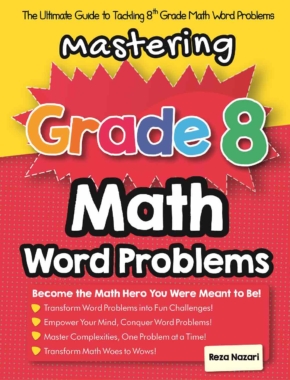
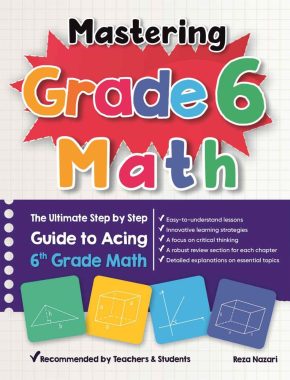
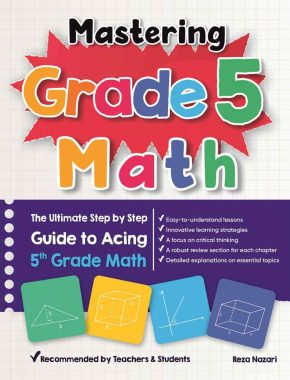
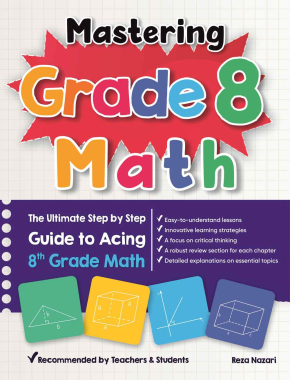

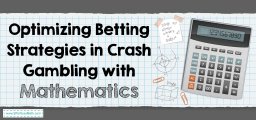


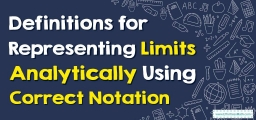
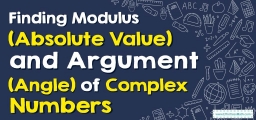




What people say about "How to Prepare for Math Exams: Study Tips & Tricks - Effortless Math: We Help Students Learn to LOVE Mathematics"?
No one replied yet.